In the current ‘high-interest rate’ environment, it is possible that many more individuals will find themselves needing to pay tax on their savings interest, and perhaps for the very first time.
Most people can earn some interest on their savings, without generating a tax liability; namely thanks to your Personal Allowance, the starting rate for savings, or your Personal Savings Allowance.
You have access to these allowances in each tax year, but exactly how much you are entitled to will be dictated by other income that you receive.
Personal Allowance
For 2023/24, the Personal Allowance is currently £12,570, though if your total income exceeds £100,000 this figure may be lower.
If your Personal Allowance has not been used up by other income besides your savings – for example, your normal wages – any unused allowance can enable you to earn tax-free interest on your savings.
Personal Savings Allowance
The amount of the Personal Savings Allowance that you have access to will depend on the rate at which you pay UK Income Tax.
If you are a basic rate taxpayer, you have a Personal Savings Allowance of £1,000 which means that the first £1,000 of interest on savings is tax-free; however, if you pay higher rate tax, this allowance drops to just £500.
Additional rate taxpayers are not currently entitled to a Personal Savings Allowance.
Starting rate for savings
The maximum starting rate for savings that could be available to an individual is £5,000 but, again, this is dependent upon other income.
If your income exceeds £17,570 (PA of £12,570, plus total £5,000 starting rate), then you will not be entitled to the starting rate for savings.
This allowance is tapered by £1 for every £1 of income you receive above the Personal Allowance – for example, if you earn £16,500, the excess £3,930 will reduce your starting rate by £3,930 to £1,070.
The role of ISA’s
Worth bearing in mind is that Individual Savings Accounts (ISAs) are tax-free accounts and so do not count towards your Personal Savings Allowance.
As it stands, you can currently save a maximum of £20,000 in ISAs for the tax year 2023-2024.
How do I pay tax that I owe on savings interest?
Any interest you earn on savings that exceeds your allowance will be taxed at your usual rate of income tax.
Since April 2016, banks and building societies no longer deduct income tax at source, on interest paid to account holders.
If you are employed, or receive a pension, HMRC will change your tax code so that the tax is collected automatically.
However, if you already complete a Self-Assessment Tax Return, you will need to report any interest on savings that you have earned as part of this.
If none of the above apply, your bank and/or building society will report untaxed interest to HMRC and they will contact you to tell you if you need to pay tax, and how to pay it.
How can George Hay help?
Our expert tax advisers can help you to understand what allowances are available to you in respect of savings, and can support you to ensure that any liabilities are reported, where appropriate, to HMRC. To talk to us about tax or self-assessment, contact us today.









